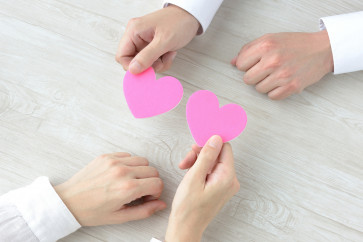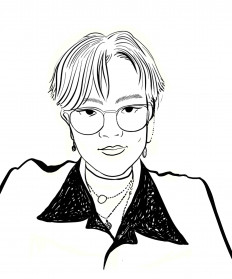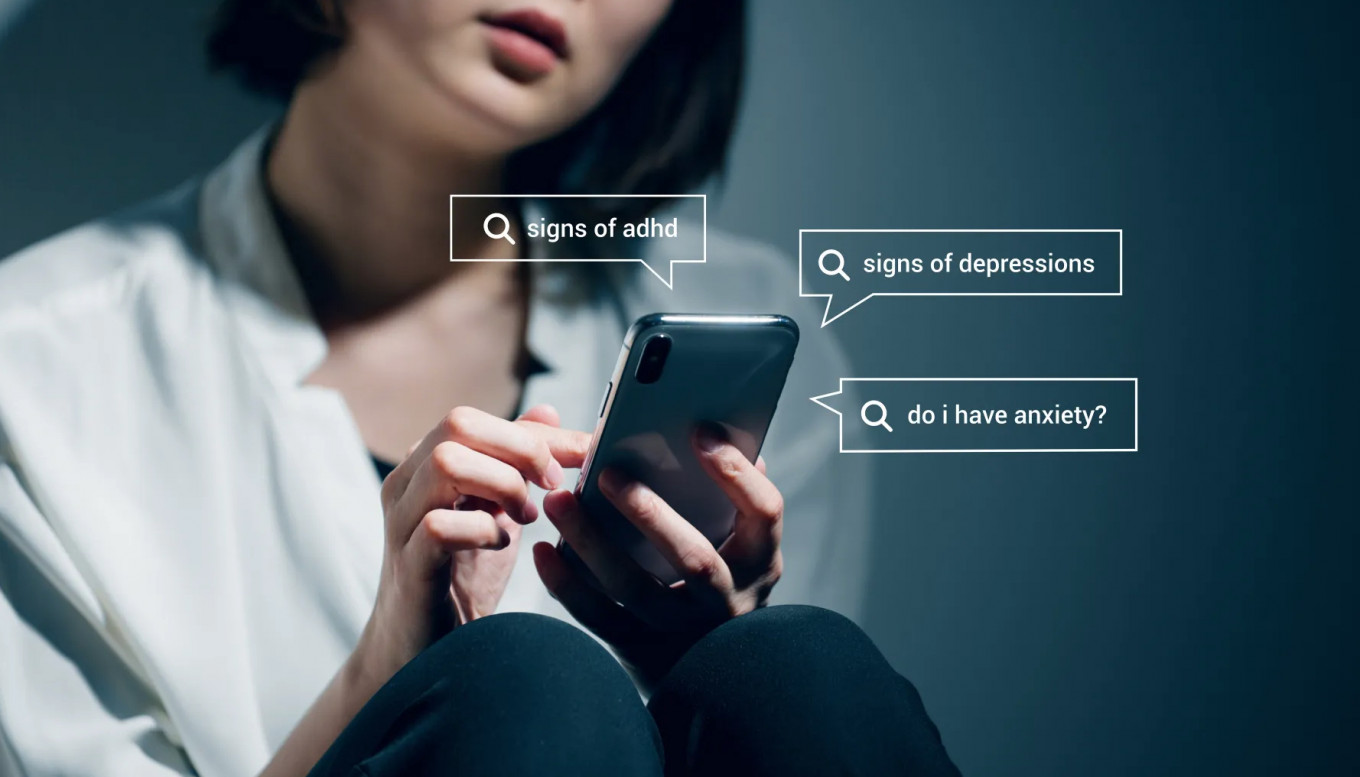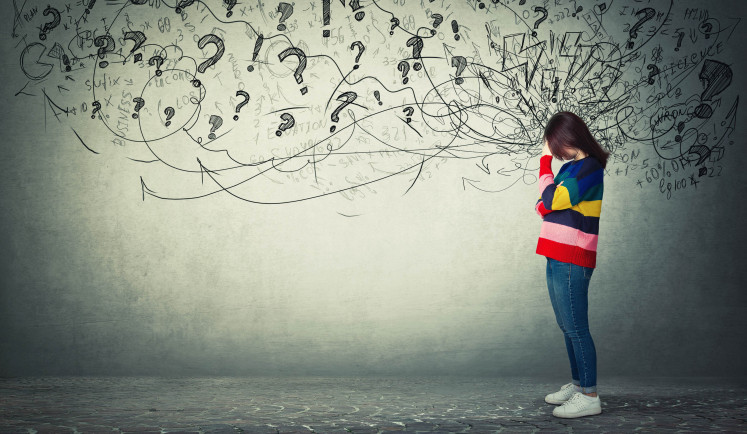“Kitty forgets task, starts new one, then forgets again.”
I chuckled at the TikTok video that tried to explain attention deficit hyperactivity disorder (ADHD) through cat memes and half-finished sentences. But I did a double-take when I saw the likes, 800,000 and counting, and the comments beneath them.
Thousands related to the joke. Some asked the same uneasy question: “So, I have ADHD?” Others were one step ahead, stating “I think I have ADHD,” as though the meme had unlocked a diagnosis they never considered.
This isn’t new. ADHD skits, autism posts, obsessive compulsive disorder (OCD) checklists and borderline personality disorder (BPD) threads have made the rounds on social media, turning symptoms into shareable content.
They're popular because many people see pieces of themselves in these simplified symptom lists, chronic lateness, zoning out, perfectionism, mood swings. When framed in digestible formats like memes, TikTok sketches, or carousel slides, these traits can feel instantly relatable.
For the young people who connect with these posts, that self-recognition can quickly morph into self-diagnosis.

Thank you!
For signing up to our newsletter.
Please check your email for your newsletter subscription.
This begs the question: Can self-diagnosis be a first step toward healing, or does it risk becoming a premature detour?
Finding answers online
Self-diagnosis is so common that you likely know someone who has done it. You might have tried it. I certainly did. I was convinced for a while that my panic attacks and constant worry pointed to an anxiety disorder.
Why does this happen? A 2023 study on this phenomenon from the Indonesian University of Education’s Guidance and Counseling program found that individuals start to self-diagnose due to curiosity, confusion and relatability to certain symptoms.
Perhaps Gen Z gravitates toward labels, like having ADHD, because we’re still constructing ourselves.
Grace Eugenia Sameve, a child psychologist, agrees. “Having a label helps adolescents identify and process what they’re experiencing. Maybe it will give them the answers they're looking for.”
And those “answers”, accurate or not, are everywhere. Mental health has become algorithm-friendly content, wrapped in Instagram slides, TikTok sketches and X/Twitter threads.
(Shutterstock)
Jessi, 22, who self-diagnosed with depression, began comparing her traits with people online, either through social media or her friends.
“I don't go out of my way to research depression. It just came out on my timeline. Once I liked content related to depression and mental health, they would show me more content like it. I don’t actively search for it; it is just given to me,” she said.
“Before I got exposed to the traits that depressed people have, I actually never thought of myself as really being depressed.”
Sure, it’s easier to let algorithm-fed memes and short videos become the be-all and end-all of your research. But absorbing symptoms online without any clinical framing creates blind spots and sometimes false certainty.
Turning curiosity into certainty
“Self-diagnosis will hinder an individual's optimal growth or performance because sometimes they will use that as the reason or the rationale for not performing,” Grace explained.
Alif, 22, learned this the hard way when he misdiagnosed himself with BPD.
“Self-diagnosis can cause a self-fulfilling effect. If you think you have something, you're going to act like it,” he said.
Still, self-diagnosis isn’t always harmful. For some, it opens the door to self-help, especially for those without easy access to mental healthcare.
“Self-diagnosing helped me gather relevant information on how to deal with depression. Those tips and tricks from social media and my friends actually helped me,” Jessi said.
It also pushed her to seek proper treatment.
Alif felt the same. “I felt like I had a plan. If you know your disorder, you know what to help yourself with and what symptoms to be careful of. I started taking action for myself.”
But intent isn’t the same as accuracy. His BPD diagnosis wasn’t correct.
In reality, the three of us were wrong. Jessi was clinically diagnosed with adjustment disorder, not depression. Alif with ADHD, not BPD. And I learned that my symptoms pointed to depression, not anxiety.
Our improvised self-help strategies weren’t useless, but they weren’t enough. Clinical diagnosis, with structure, guidance and, when needed, medication, changed our trajectory.
“I wouldn't recommend someone to self-diagnose because it usually does them more harm than good,” Grace said.
“But the awareness that they are having issues and that they need help is a good thing.”
So, what should you do when something feels off?
“If anyone feels like they are not performing as optimally as they were before or if they're experiencing unwanted changes, please kindly seek help and not self-diagnose,” Grace advised.
A puzzle with missing pieces
Self-diagnosis often stems not from insight but from low mental health literacy, as the 2023 study noted. Many rely on cultural beliefs, limited knowledge or simplified social media explanations. Even well-intentioned educational content often gets compressed to fit the short-form format.
Online, symptoms become checklists, but it’s in the clinical context that diagnosis actually occurs.
Take ADHD. It’s about attention regulation, not simply the inability to focus. It doesn’t necessarily mean that someone without ADHD won’t have any problem focusing.
“If you don't eat enough or you don't sleep well the previous day, then it will also influence your attention span,” Grace said.
This is why context matters and why professional guidance is essential.
“In psychology, we have two terms: normal bermasalah [normal problem] and clinical,” Grace said.
“From time to time, everyone will have that ‘normal problem’, but not everyone will require or will be getting a clinical diagnosis.”
(Shutterstock)
The internet can be the starting point of a process to understand yourself, but never the conclusion. Memes and quizzes may spark recognition, but they can’t determine severity, duration or impairment. Online content can’t rule out medical or environmental causes.
“The safest thing to do is to reach out to trusted adults and/or professionals,” Grace said.
“Check the resources, the references or the person who is talking or sharing about the topic.”
Beyond this, it’s important to remember that the journey doesn’t end with a diagnosis. What you do after that understanding is what matters most.
Siti Syafania Kose is a writer with a soft spot for art, history and all things humanities. They're a self-proclaimed nerd who accidentally became a gym jock, and now lives somewhere in between.


























